The Public Accounts Committee (PAC) of the Oireachtas has recommended "that a more sustainable method for establishing funds for both (a) infrastructural maintenance and (b) longer-term capital projects be developed by Teagasc, in consultation with relevant Government Departments".
The recommendation in the PAC's annual report follows hearings last October, at which Teagasc representatives told TDs and Senators that their capacity to invest in long-term projects and infrastructure was constrained by the agency's financial rules.
'Significant challenges'
“In the absence of access to borrowing facilities, Teagasc faces significant challenges in funding its working capital requirements,” Teagasc director Gerry Boyle said at the time.
Instead, the agency has to sell property to raise cash when it needs to invest in assets such as new labs. The PAC noted that Teagasc owns around 1,800ha of non-utilised agricultural area across all sites, with no overall valuation of this portfolio available. However, the agency has individual pieces of land valued before selling them to raise capital.
We cannot keep selling fields forever
Also last October, Teagasc chair Liam Herlihy told the PAC: "Not having the capacity to borrow money is an impediment to the development of agriculture and the delivery of our objective." He added: "We cannot keep selling fields forever."
Procurement
The PAC also highlighted that €1.35m of Teagasc’s expenditure in 2017 did not comply with public procurement guidelines.
"The Committee recommends that Teagasc ensures its procurement processes complies with all guidelines in future," the report reads.
Boyle acknlowedged that some purchases were made based on quotes from several local suppliers instead of the official Government tender website, and some existing contracts were extended without tender when delays arose or a similar service had already been procured from the same supplier.
Read more
Cashflow difficulties at Teagasc brought before Public Accounts Committee
Students on waiting lists as Teagasc faces finance and recruitment bottlenecks
The Public Accounts Committee (PAC) of the Oireachtas has recommended "that a more sustainable method for establishing funds for both (a) infrastructural maintenance and (b) longer-term capital projects be developed by Teagasc, in consultation with relevant Government Departments".
The recommendation in the PAC's annual report follows hearings last October, at which Teagasc representatives told TDs and Senators that their capacity to invest in long-term projects and infrastructure was constrained by the agency's financial rules.
'Significant challenges'
“In the absence of access to borrowing facilities, Teagasc faces significant challenges in funding its working capital requirements,” Teagasc director Gerry Boyle said at the time.
Instead, the agency has to sell property to raise cash when it needs to invest in assets such as new labs. The PAC noted that Teagasc owns around 1,800ha of non-utilised agricultural area across all sites, with no overall valuation of this portfolio available. However, the agency has individual pieces of land valued before selling them to raise capital.
We cannot keep selling fields forever
Also last October, Teagasc chair Liam Herlihy told the PAC: "Not having the capacity to borrow money is an impediment to the development of agriculture and the delivery of our objective." He added: "We cannot keep selling fields forever."
Procurement
The PAC also highlighted that €1.35m of Teagasc’s expenditure in 2017 did not comply with public procurement guidelines.
"The Committee recommends that Teagasc ensures its procurement processes complies with all guidelines in future," the report reads.
Boyle acknlowedged that some purchases were made based on quotes from several local suppliers instead of the official Government tender website, and some existing contracts were extended without tender when delays arose or a similar service had already been procured from the same supplier.
Read more
Cashflow difficulties at Teagasc brought before Public Accounts Committee
Students on waiting lists as Teagasc faces finance and recruitment bottlenecks



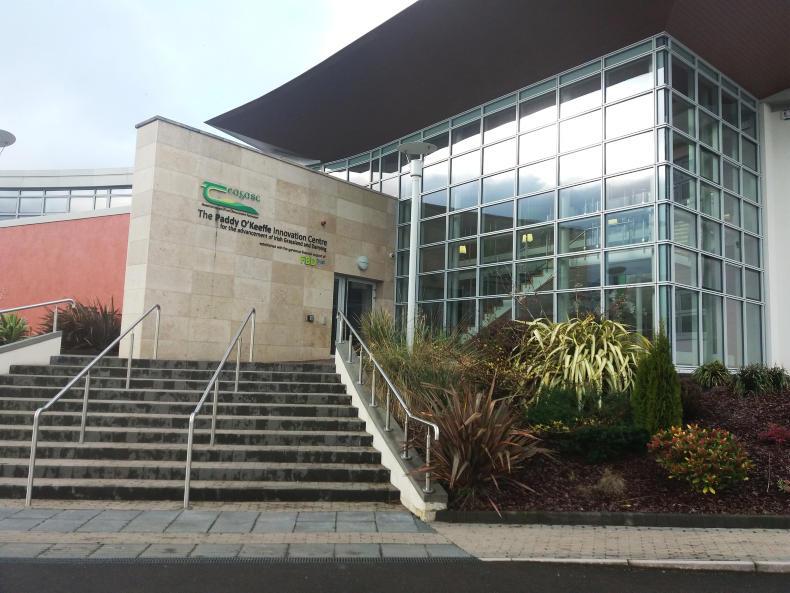

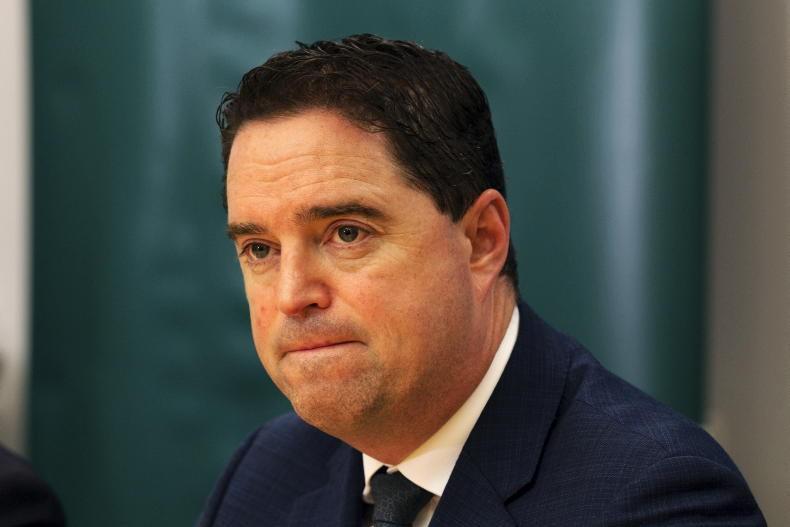

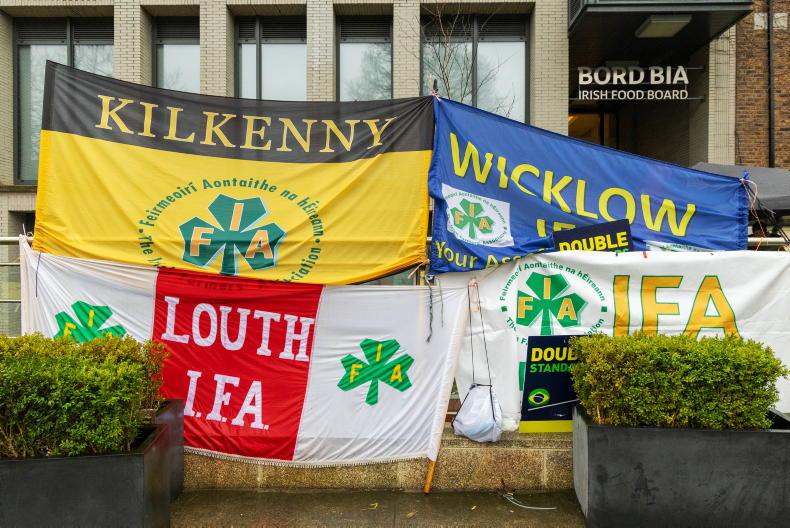
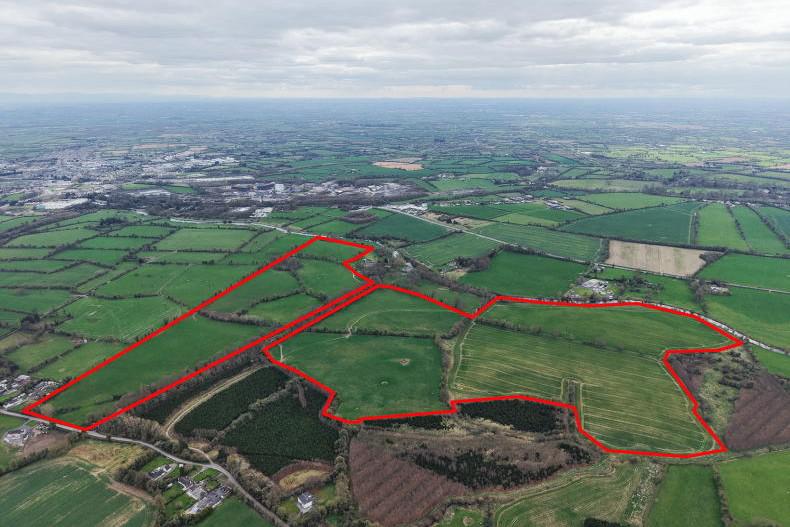
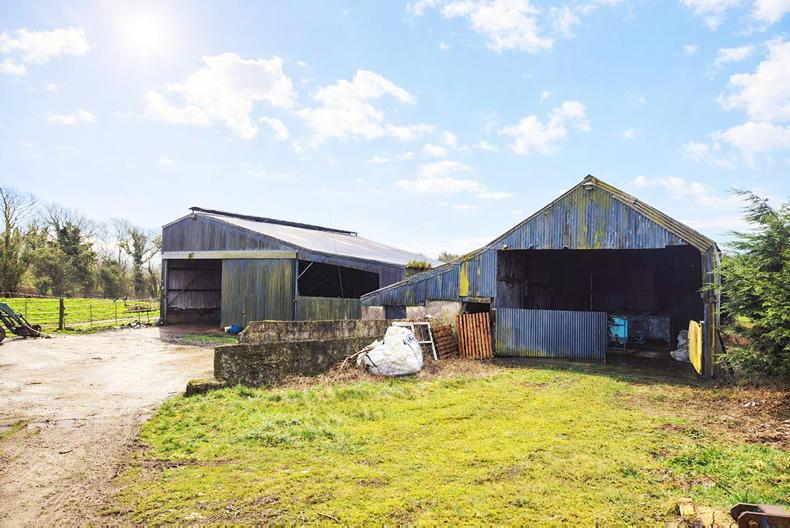
SHARING OPTIONS